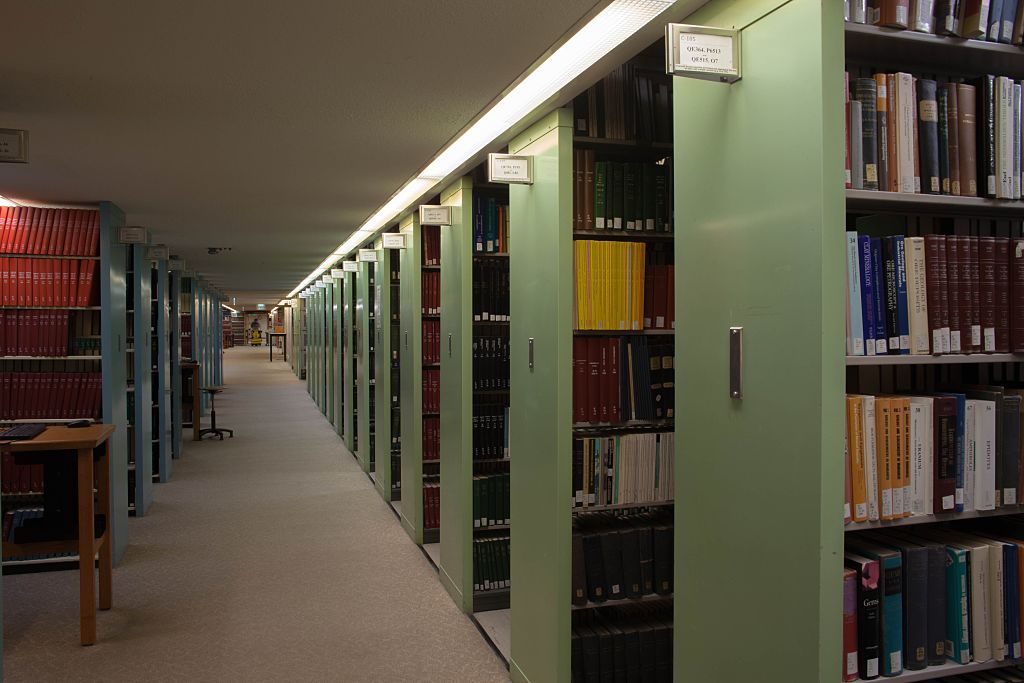Christ, reading is enjoyable — an excuse to do bugger all, and wonder whether, if you were Edith Dombey, you might not have run off with that sexy Carker, too. But is it on the way out? A series of reports have shown that fewer and fewer people now read for pleasure. Following figures showing that only a quarter of boys aged eight to 18 read in their spare time, a joint study by the University of Florida and University College London has found that the number of Americans who read for pleasure has fallen by 40% since 2003. Reading is, famously, very good for you, so clearly something has gone very wrong.
Many commentators on this decline place the blame on the laziness of potential readers, or on the rise of screen time. But could it be that the decline of reading for pleasure is, in part, fueled by the fact that a lot of reading just isn’t much fun any more?
Novels have shown a particularly precipitous decline in interest, even though richly enjoyable novels are still being written. The publishing industry has decided, however, that they must pass through the process of evaluation by gatekeepers, who rarely have vulgar pleasure in mind. We’ve now reached the point where winning or being shortlisted for a prize is less of a recommendation than being rudely rejected by one. John Boyne, a very enjoyable novelist, was longlisted this month for the Polari Prize before finding himself on the receiving end of a personal campaign by other, more sanctimonious writers on the list. By the time the prize canceled itself this week, denouncing Boyne for his private opinions, several of his books had duly climbed up the Irish bestseller charts.
Meanwhile, in the general wasteland of the Booker longlist, a glorious novel inexplicably appeared. Tash Aw’s The South is one of those novels which requires the phone off, a box of chocolates, and five extra copies to press on friends. Anyone with a pulse would respond to this fabulous, explicit account of a passionate, obsessive love affair between teenagers in the heat of a Malaysian summer. Is this book good for you? Probably not. But The Guardian did its best, explaining with prophylactic tediousness that left out all the joyous filth that the novel was set “against a backdrop of tumultuous change and ominous signs of climate crisis”. (The weather, in the book, was hot.)
It’s not just the pleasures of current writing that are assiduously sealed off by such incompetent gatekeepers. How did you come to take pleasure in the inexhaustible, often disgraceful joys of the great classics, of Austen and Dickens and Waugh and Pym and Nabokov? A clever schoolteacher, perhaps, or even a challenging syllabus. But these days, most schoolteachers would, in the words of the man who prosecuted The Well of Loneliness, rather give a bottle of prussic acid to a healthy schoolboy or girl than a copy of Casanova’s Chinese Restaurant. You are going to be asked to develop a pleasure in reading from a book written five years ago, by someone of scant talent for writing but approved views about social justice. Of course you aren’t going to start reading for pleasure.
Or perhaps, like me, you discovered the great classics from your local library. Good luck with that one. With a few shining exceptions, public libraries have thrown away most of what generations have cherished — fun, and pleasure, and wit, and David Copperfield are straight into the skip.
The truth of the matter is that these self-appointed gatekeepers have acted in ways which would discourage newcomers from even beginning to explore the pleasures of reading. Any intelligent person could start a spark in an audience by reading Evelyn Waugh’s letter to his wife Laura about blowing up a tree. Any patron could extinguish that interest by explaining that it was an insightful indictment of imperialist and feudal ideology in a bygone age — and probably something to do with climate change, too.
The choice is yours. Just don’t pretend that it’s the fault of the readers if they prefer Dr Pimple Popper on YouTube.











Join the discussion
Join like minded readers that support our journalism by becoming a paid subscriber
To join the discussion in the comments, become a paid subscriber.
Join like minded readers that support our journalism, read unlimited articles and enjoy other subscriber-only benefits.
Subscribe